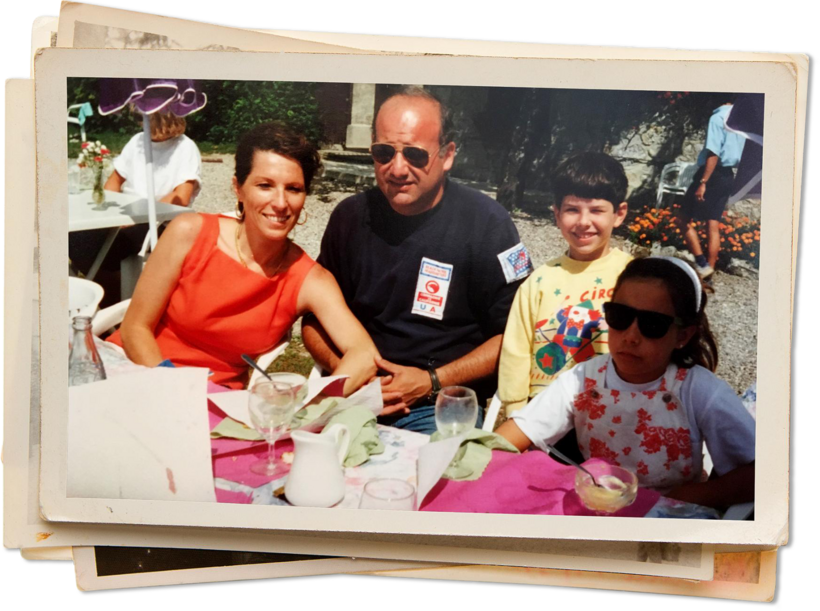At 4am on Monday January 11, 1993, firefighters were called to Prévessin-Moëns, a well-to-do French village close to the Swiss border, after neighbours reported flames coming from the home of Dr Jean-Claude Romand. The scene that greeted them inside the house was heart-rending: Romand’s 37-year-old wife, Florence, and their children, Caroline, 7, and Antoine, 5, lay dead upstairs, their bodies blackened by smoke. Romand, 38, was in bed beside his wife. He was unconscious but still had a pulse.
It soon became clear that all was not what it seemed. Florence had not died in the fire: she had been battered to death with a rolling pin. The two children had been shot at point-blank range. After Romand came to, he initially blamed their deaths on an intruder; but his story quickly came under suspicion after the bodies of his elderly parents were found at their home in Clairvauz-les-Lacs, 50 miles to the north, in the Jura mountains. They, too, had been shot, as had their Labrador. Romand, it later transpired, had also attempted during a weekend of madness to kill his mistress, Chantal Delalande. Two weeks after the fire, he confessed, telling police: “I am a monster.”

